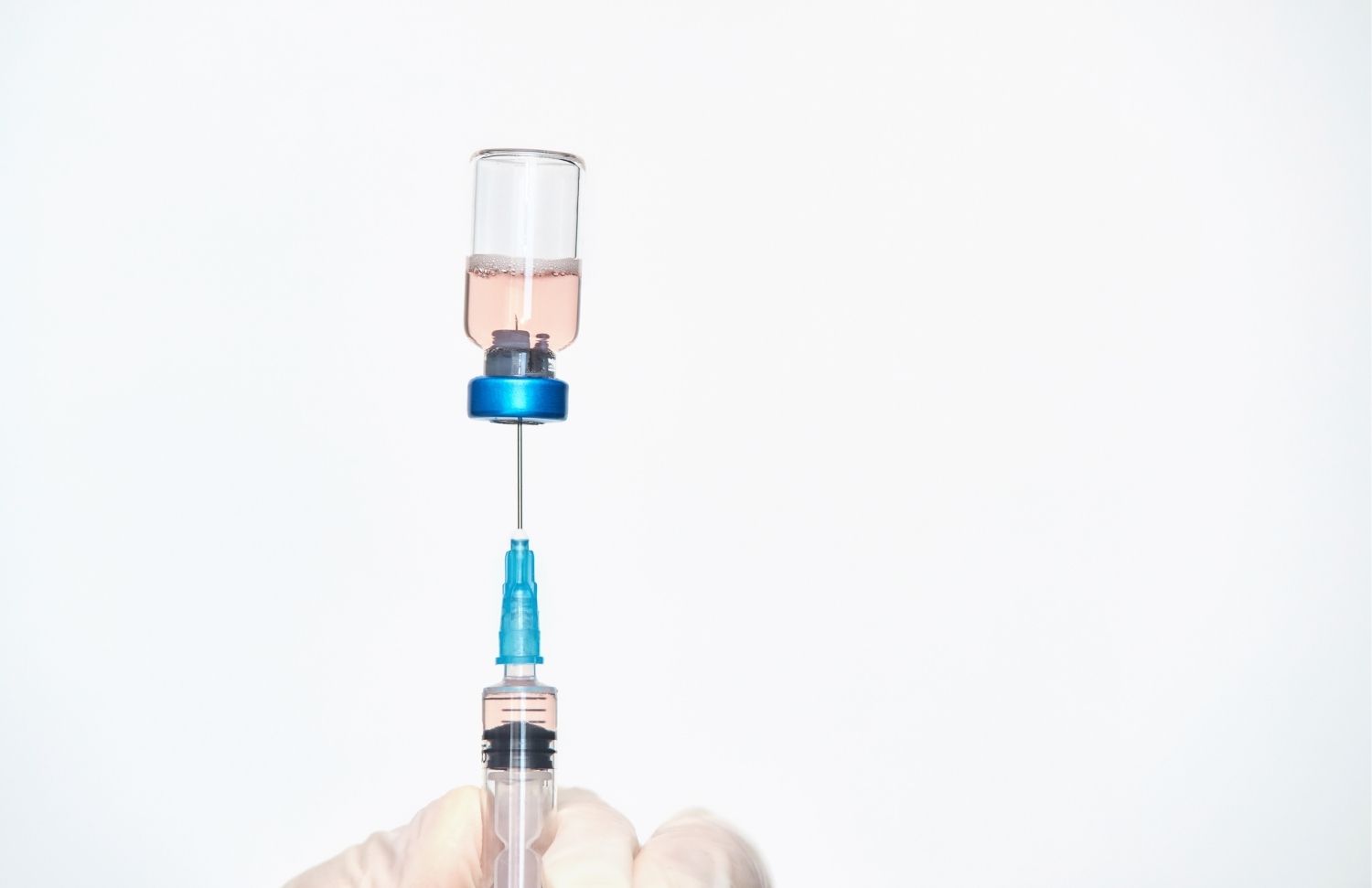Feeling a bit confused about cholesterol? You’re not alone! Cholesterol gets a bad rap, but it’s actually a waxy substance our bodies naturally produce. It plays a vital role in building healthy cells, but just like anything good in life, too much of a good thing can be a problem.
Here’s where things get tricky. There are two main types of cholesterol: LDL, often referred to as “bad” cholesterol, and HDL, the “good” kind. LDL cholesterol loves to stick around in your arteries, forming plaque that can narrow them and increase your risk of heart disease and stroke. HDL cholesterol, on the other hand, acts like a trash collector, scooping up LDL and carrying it away to your liver for disposal.
So, what is Lipostat good for? Enter Lipostat, a medication that belongs to a group called statins. Statins work by blocking an enzyme in your liver that’s responsible for producing cholesterol. By lowering your overall cholesterol levels, particularly LDL, Lipostat can help reduce the risk of heart attack and stroke.
What is Lipostat Good For?
Lipostat’s benefits go beyond just lowering cholesterol. Studies have shown it can also be helpful for:
Individuals with a history of Cardiovascular Events
For those who have already experienced a heart attack or stroke, Lipostat can help prevent future cardiovascular events by reducing the build-up of plaque in the arteries. This can significantly lower the risk of subsequent heart attacks, strokes, and other heart-related complications. Regular monitoring of cholesterol levels and adherence to a heart-healthy lifestyle, including a balanced diet and regular exercise, are crucial in conjunction with Lipostat therapy.
Individuals with High Blood Pressure
In addition to its cholesterol-lowering properties, Lipostat might have a mild blood pressure-lowering effect. This can be particularly beneficial for individuals with hypertension, as it can help reduce the strain on the heart and blood vessels. Combining Lipostat with lifestyle modifications such as a low-sodium diet, regular physical activity, and stress management can further enhance blood pressure control.
Individuals at High Risk of Heart Disease
For individuals with risk factors such as a family history of heart disease, smoking, diabetes, or obesity, Lipostat can be a valuable tool in reducing their risk of developing heart disease. By proactively lowering cholesterol levels, Lipostat can help protect the heart and arteries from damage. Regular check-ups with a healthcare provider to monitor cholesterol levels and overall cardiovascular health are essential, especially for individuals at high risk.
If you like this article, you may also like: “Are Lipo Injections Safe?”
Is Lipostat Right for You?
This is a question best answered by your doctor. They can assess your individual needs and risk factors to determine if Lipostat is a good fit for you. Here are some things they might consider:
Your Current Cholesterol Levels: If your LDL cholesterol levels are significantly elevated, Lipostat could be a valuable tool in lowering them and reducing your risk of heart disease. Your doctor will consider your specific cholesterol profile, including your HDL cholesterol levels and your LDL-to-HDL ratio, when making a recommendation.
Overall Health: Your doctor will take into account any other medical conditions you may have, such as diabetes, liver disease, or kidney disease. These conditions can affect how your body processes cholesterol and may influence the choice of cholesterol-lowering medication.
Lifestyle Factors: While Lipostat can be a helpful tool, it’s important to remember that a healthy lifestyle is essential for heart health. Your doctor will likely discuss the importance of maintaining a balanced diet, engaging in regular physical activity, and managing stress. They may also recommend lifestyle modifications to optimize the effectiveness of Lipostat.
Lipostat Side Effects: What to Expect
Like most medications, Lipostat can come with some side effects, although not everyone experiences them. Here are some of the most common ones:
Muscle aches and pains
This is a potential side effect of statins, and it can usually be managed by adjusting the dosage or switching to a different statin. However, in rare cases, muscle pain can be a sign of a more serious condition called rhabdomyolysis. If you experience severe muscle pain, weakness, or dark urine, seek immediate medical attention. It’s important to report any muscle pain or weakness to your doctor promptly.
Headaches
These are also fairly common, and over-the-counter pain medication can usually provide relief. However, if headaches are persistent or severe, consult your doctor. They can help determine the underlying cause and recommend appropriate treatment.
Digestive issues
Constipation or diarrhea can occur, but these are typically mild and temporary. Adjusting your diet, such as increasing fiber intake and staying hydrated, can help alleviate these symptoms. If digestive issues persist or worsen, consult your doctor. They can recommend medications or other strategies to manage these side effects.
It’s important to remember that everyone reacts differently to medications. If you experience any side effects that are bothersome or persistent, talk to your doctor.
Living a Heart-Healthy Life in Houston or Anywhere!
Whether you’re considering Lipostat or not, there are many things you can do to take charge of your heart health. Here are some tips:
Embrace a heart-healthy diet
Limit saturated and trans fats, processed foods, and added sugars. Opt for a diet rich in fruits, vegetables, whole grains, and lean protein sources like fish, poultry, and legumes. Consider following heart-healthy dietary patterns like the Mediterranean diet, which emphasizes healthy fats, plant-based foods, and moderate amounts of lean protein. Cooking at home more often can help you control your diet and reduce your intake of unhealthy fats and sodium.
Get moving!
Aim for at least 150 minutes of moderate-intensity exercise per week. This can include activities like brisk walking, swimming, cycling, or dancing. Even small changes, like taking the stairs or parking further away, can make a difference. Incorporate strength training exercises into your routine to build muscle and boost metabolism. Joining a fitness class or gym can provide motivation and support.
Manage stress
Chronic stress can have a negative impact on your heart health. Incorporate relaxation techniques like yoga, meditation, or deep breathing exercises into your daily routine. Practicing mindfulness and time management techniques can also help reduce stress levels. Spending time in nature and engaging in hobbies you enjoy can also help alleviate stress.
Regular check-ups
Schedule regular appointments with your doctor to monitor your cholesterol levels, blood pressure, and overall cardiovascular health. Early detection and intervention can significantly improve your outlook. Additionally, consider consulting with a registered dietitian or a certified health coach to develop a personalized plan to meet your specific needs and goals.
Remember, you’re not alone on your journey towards a healthy heart. In Houston, there are many resources available to support you, from nutritionists to fitness professionals. Here at PUUR Health and Wellness, we understand the importance of personalized support in managing your health. While we don’t offer specific advice on medications like Lipostat, we can provide guidance on optimizing your health through intravenous hydration therapy, which can help you feel your best and reach your wellness goals.
Conclusion
So, what is Lipostat good for? It’s a valuable tool for lowering LDL cholesterol and reducing the risk of heart disease. However, it’s crucial to remember that it’s not a magic pill.
A healthy lifestyle, including a balanced diet, regular exercise, and stress management, remains the cornerstone of heart health. Lipostat can be a helpful addition to your overall health strategy, but it’s not a substitute for these essential lifestyle factors.
If you’re considering Lipostat or any other cholesterol-lowering medication, it’s important to consult with your doctor to determine if it’s the right choice for you. They can assess your individual needs, discuss potential side effects, and create a personalized treatment plan.
Remember, a heart-healthy future is within your reach. By making informed choices and taking proactive steps to manage your cholesterol, you can reduce your risk of heart disease and live a longer, healthier life.
Frequently Asked Questions About Lipostat and Cholesterol
What exactly is cholesterol, and why is “bad” cholesterol (LDL) harmful?
Cholesterol is a waxy, fat-like substance that’s naturally produced by your body and is essential for building healthy cells. However, “bad” cholesterol, or LDL (low-density lipoprotein), can be harmful because it contributes to plaque buildup in your arteries. This plaque can narrow the arteries, restricting blood flow and increasing your risk of heart attack and stroke.
How does Lipostat work to lower cholesterol?
Lipostat belongs to a class of drugs called statins. It works by blocking an enzyme in your liver called HMG-CoA reductase, which is crucial for cholesterol production. By inhibiting this enzyme, Lipostat reduces the amount of cholesterol your liver makes, primarily lowering your LDL (“bad”) cholesterol levels.
Is Lipostat a cure for high cholesterol?
No, Lipostat is not a cure for high cholesterol, but it is a very effective management tool. It helps to control cholesterol levels and reduce the associated risks as long as you continue to take it as prescribed. If you stop taking Lipostat, your cholesterol levels are likely to rise again.
How long does it take for Lipostat to lower cholesterol?
The effects of Lipostat are not immediate. It typically takes several weeks of consistent use to see a significant reduction in your cholesterol levels. Your doctor will usually retest your cholesterol within a few weeks or months of starting Lipostat to assess its effectiveness.
Can I take Lipostat if I’m pregnant or breastfeeding?
No, statins like Lipostat are generally not recommended for use during pregnancy or while breastfeeding. If you are pregnant, planning to become pregnant, or breastfeeding, it’s crucial to inform your doctor so they can discuss alternative options for managing your cholesterol.
Do I still need to diet and exercise if I’m taking Lipostat?
Yes, absolutely! While Lipostat is effective in lowering cholesterol, it works best when combined with a heart-healthy lifestyle. Diet and exercise remain the cornerstone of managing cholesterol and improving overall cardiovascular health. Your doctor will likely emphasize these lifestyle changes as part of your treatment plan.
Can Lipostat interact with other medications or supplements?
Yes, Lipostat can interact with certain medications and supplements, potentially leading to increased side effects or reduced effectiveness. It’s crucial to inform your doctor and pharmacist about ALL medications, over-the-counter drugs, vitamins, and herbal supplements you are taking to avoid harmful interactions.
What should I do if I forget to take a dose of Lipostat?
If you miss a dose, take it as soon as you remember, unless it’s almost time for your next scheduled dose. In that case, skip the missed dose and continue with your regular dosing schedule. Do not take a double dose to make up for a missed one. If you frequently miss doses, discuss this with your doctor.
Resources:


